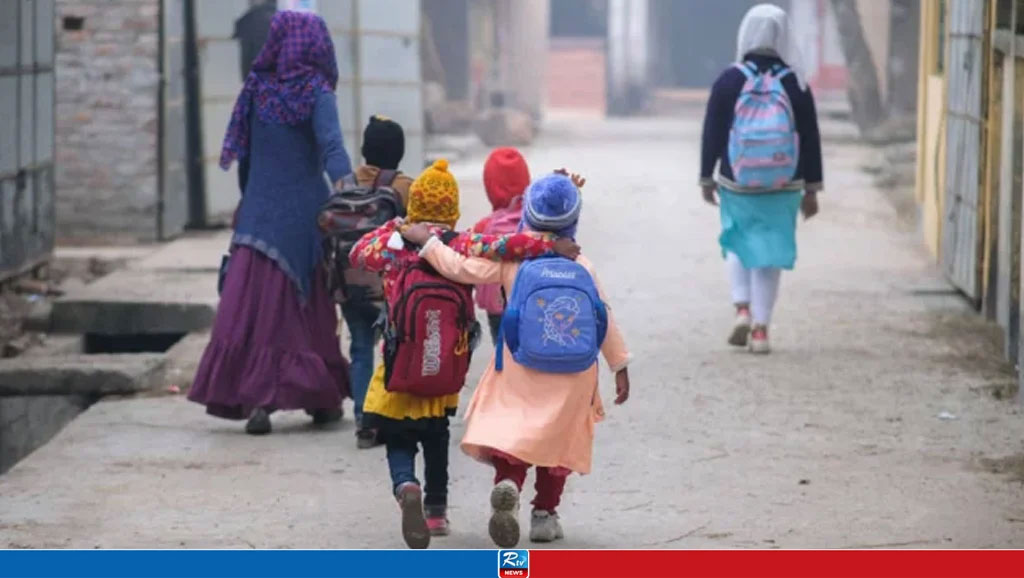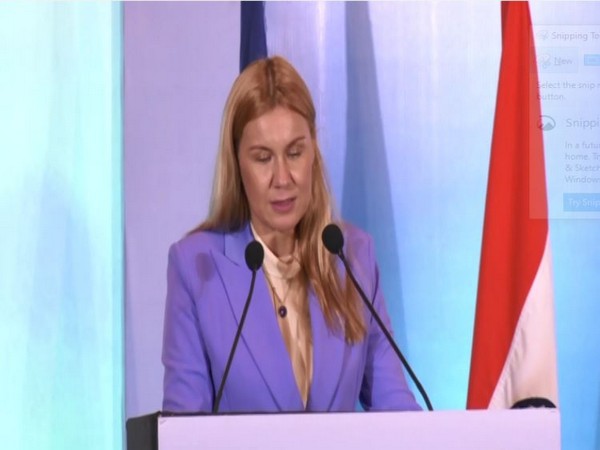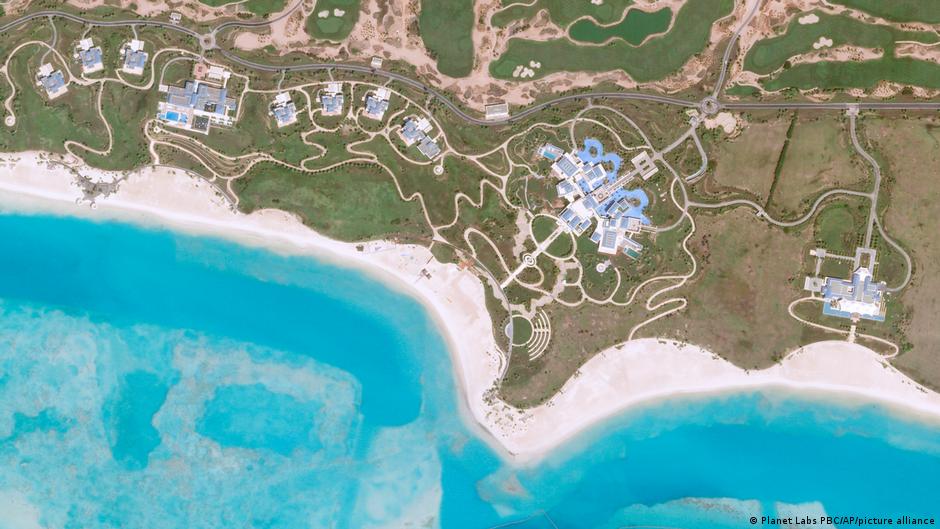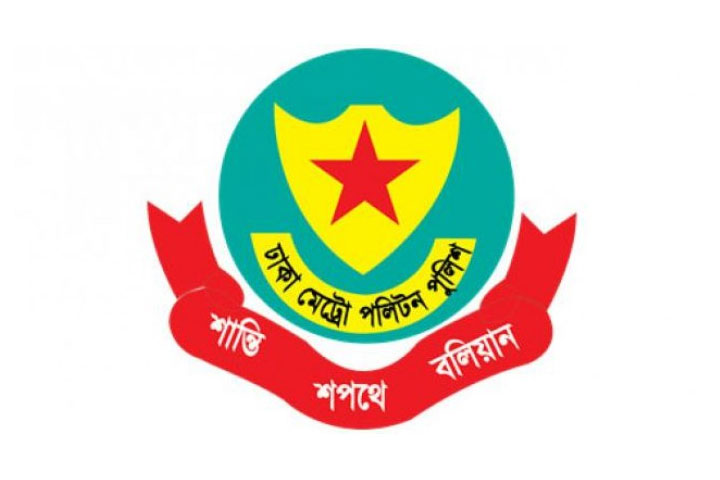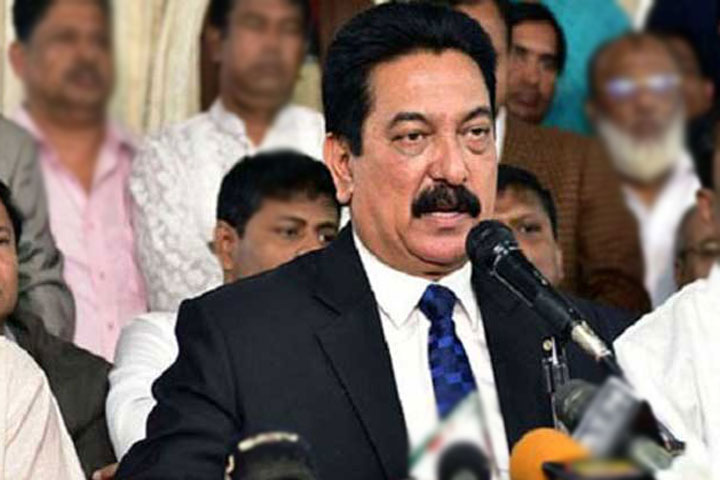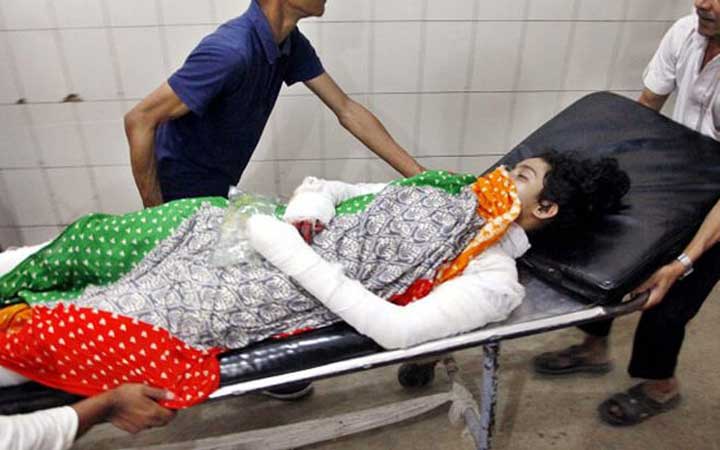Saudi Arabia's bid to shift from oil — fantasy or reality?
Due to the Ukraine war, Saudi Arabian oil is in demand. But it won't be forever. So how realistic are efforts — which include ski resorts in the desert — to diversify the wealthy monarchy's oil-based economy? Over the past month or so, it has become clear that Saudi Arabia will benefit from the war in Ukraine. As one of the world’s largest oil producers, the country profits from rising fuel prices. Additionally, the increasingly critical need to try and lower those prices by putting more oil on the global market also means Western countries are seeking a better relationship with Saudi Arabia. Its one of the only oil-producing nations that could increase output fairly quickly. Among those now trying to get closer to the authoritarian monarchy includes US President Joe Biden, who is considering a personal visit to Saudi Arabia. That’s despite his publicly stated aversion to the country’s long-criticized human rights record. All in all, things would appear to be looking up for Saudi Arabia, a nation Biden once described as a pariah state. However, this state of affairs won’t last and the Saudis know it. Donkeys are the future In Berlin recently, one Saudi executive gave his German colleague a lighthearted explanation of his country’s economic trajectory: My grandfather rode to work on a donkey, he said. Then my father drove to work in a Mercedes. I now drive to work in a Lamborghini. But my son? He will probably ride to work on a donkey.
There are a number of reasons for the Saudi businessman’s forecast. Saudi Arabia earns 80% of its export income with oil and it makes up around 40% of the Saudi gross domestic product, or GDP. But analysts say that Saudi oil reserves will only last another 60 years at current rates of extraction. And, as a 2020 report for the Brookings Institute pointed out, in the medium term, revenues from oil are expected to decline in the face of reductions in global demand starting around 2040, if not sooner. This is partially because, in the longer term, the Western world is trying to move away from fossil fuels altogether. Though it may be benefitting Saudi Arabia today, the war in Ukraine is actually accelerating the planned transition into renewable energies. In Europe, it is seen as a way for the continent to become less dependent on fossil fuel suppliers like Russia and Saudi Arabia. To be able to deal with all of this, the Saudi government has been trying to diversify the country’s business activities away from oil for decades. A grand Saudi strategy called Vision 2030, announced in 2016, is trying to speed this up. The strategy includes everything from what seem to be fairly fantastical schemes to build Neom, a huge eco-city 33 times bigger than New York, complete with a ski resort called Trojena, and the tallest buildings in the world, to more manageable plans like improving ease of doing business, streamlining government services and enhancing religious tourism.
Major strides Recently, Saudi Arabia has had some success in this area. In May, the country announced that non-oil exports had grown 29% over the first three months of this year; these were worth around $21 billion (euro 19.6 billion). Its ranking on the World Economic Forum’s biennial travel and tourism development index has also improved. Compared to 2019 when it was 43rd in the world; Saudi Arabia made it to 33rd in 2021.
In most Gulf states, diversification efforts seem to be progressing at a faster pace than in previous decades, Nader Kabbani, an expert on economic development with the Qatar-based Middle East Council on Global Affairs, confirmed. Saudi Arabia, especially, has made major strides. So could it be that Saudi Arabia is finally moving toward a financial future where the country is no longer so reliant on oil? Over the past three decades, the share of oil income in Saudi Arabian GDP has fallen. It went from 65% in 1991 to 42% in 2019, according to researchers from the King Abdullah Petroleum Studies and Research Center in Riyadh. The World Bank is predicting that non-oil activities will continue to grow over the next few years, at an average rate of about 3.2% a year.
Too early to tell; However, Manfred Stamer, a senior economist with trade credit insurance company, Allianz Trade, who specializes in analysis of the Middle East region, believes it’s still too early to tell how successful Vision 2030 is going to be. It is a 14-year project, he noted, and almost half of that time has now passed. But in the past six years not a huge amount has happened, he pointed out, adding that the actual percentage that oil and non-oil economic activities make up of Saudi GDP has remained more or less the same in that time.
So I would say that, right now, achieving all the goals by 2030 is not particularly realistic, Stamer concluded. Some of the more ambitious, multi-billion euro projects like Neom city will also require investment from abroad, added Umud Shukri, a Washington-based energy security expert. Saudi Arabia has the potential to complete these projects, he noted. High oil prices are helping to fund them. But Saudi Arabia will also need foreign financing and foreign technology. And it has not been particularly successful in attracting that sort of international help of late. Riyadh has struggled to repair its international reputation after the headline-making 2018 murder of Saudi journalist Jamal Khashoggi and the ongoing war in Yemen. Between 2016 and last year, foreign direct investment in Saudi Arabia almost halved. Foreign investment did start to pick up again at the end of 2021 but it was unclear whether this would be an ongoing trend. Breaking out of the oil cycle There is still much to be done before diversification efforts can really take off, Kabbani of the Middle East Council argued. Citizens, whose lives and incomes have been secured by oil money for decades, now need to be better informed and prepared for a non-oil future, he said.
The business environment also needs improvement because, given the authoritarian nature of the government, business decisions are often seen as being made on an ad-hoc, random basis depending on how the monarch feels. It will require removing barriers to private sector development and supporting the emergence of competitive industries that can create productive, high-paying jobs, Kabbani told DW. It is clear that none of this will be easy though, perhaps mainly because it involves breaking out of a cycle powered by oil money. That is, a lot of the country’s non-oil activities are actually propped up by oil money. For example, in April this year, the Saudi government proudly announced plans to set up the first electric vehicle factory in the country, as part of ambitions to ensure that 30% of all cars in the capital, Riyadh, are powered in a more environmentally friendly way by 2030. The auto factory run by US company, Lucid, is expected to be ready by 2026 and should create thousands of ostensibly non-oil-related jobs for locals.
But Lucid’s factory will also be highly dependent on the Saudi government, which has agreed to buy up to 100,000 of its cars. Additionally, 61% of Lucid is already owned by the Saudi government’s own investment fund, a fund that is currently doing extremely well because of high oil prices.
12 Jun 2022,13:42




















 Live Tv
Live Tv
